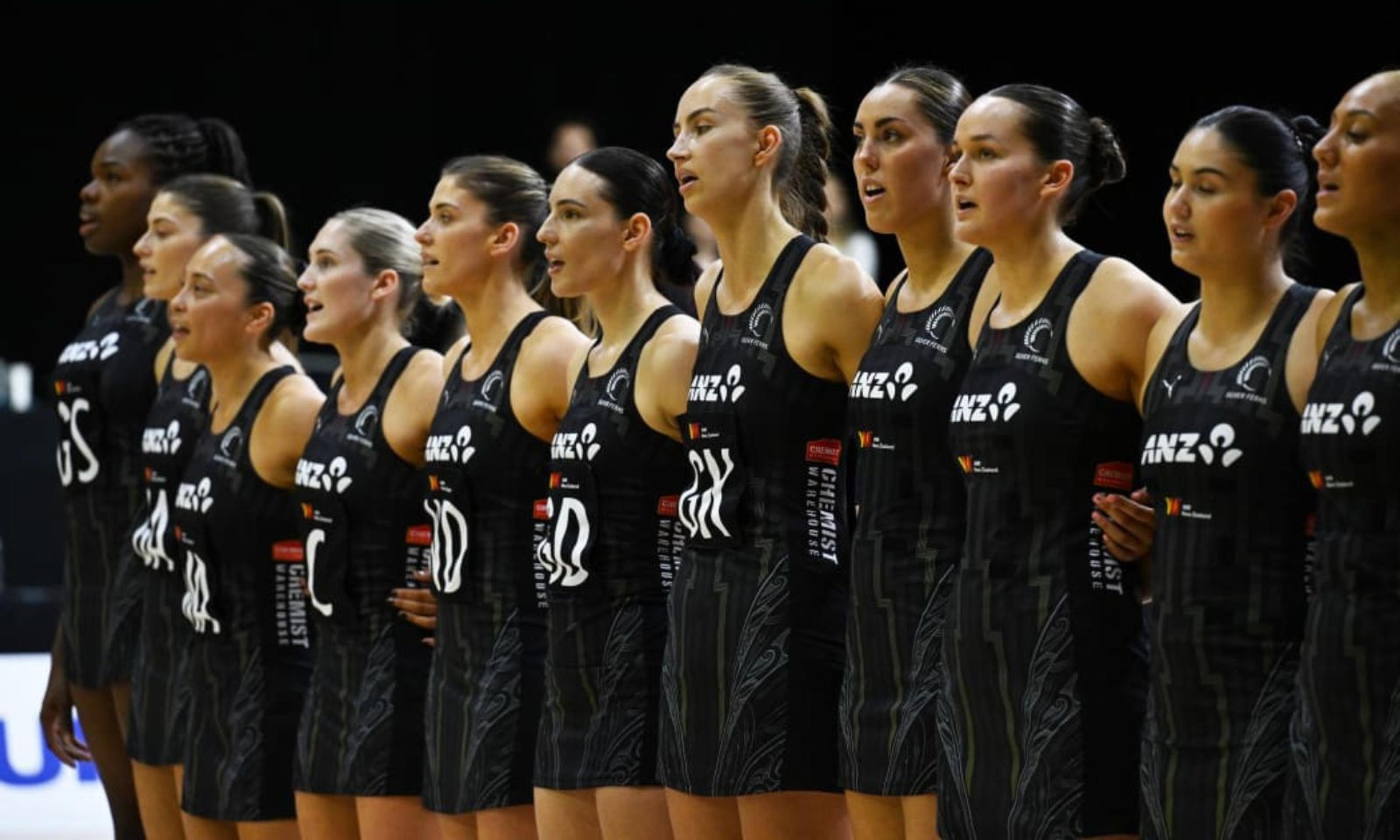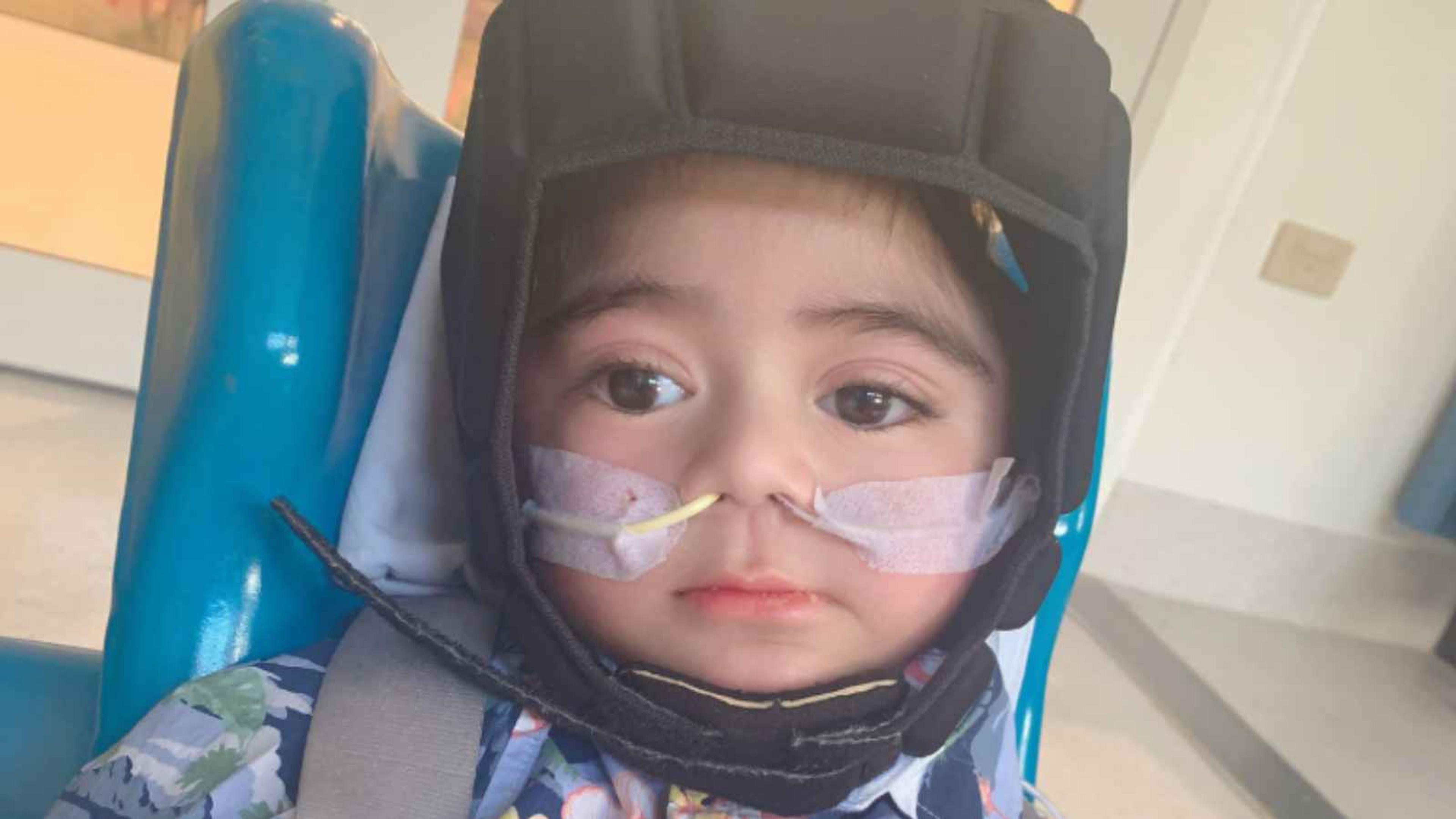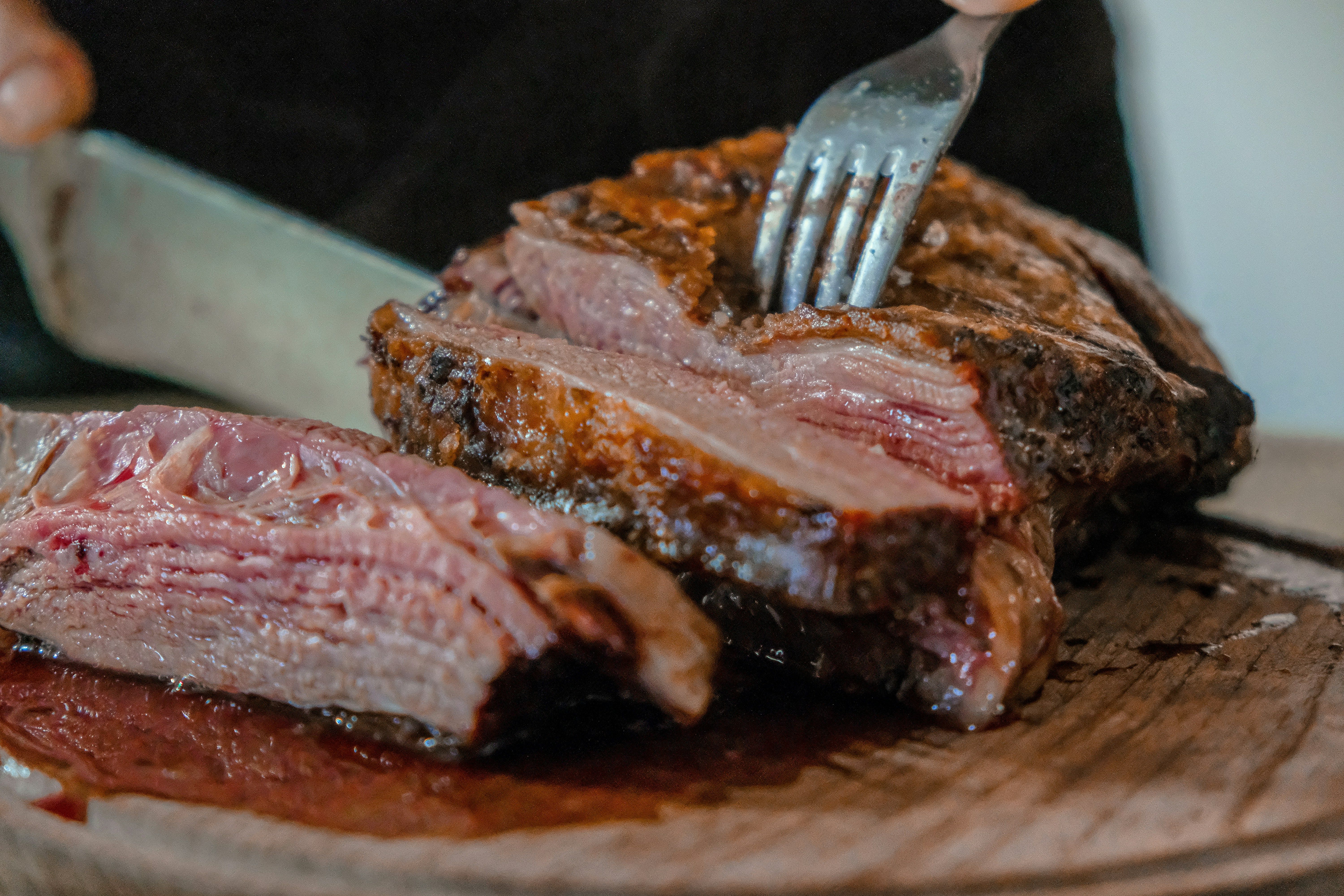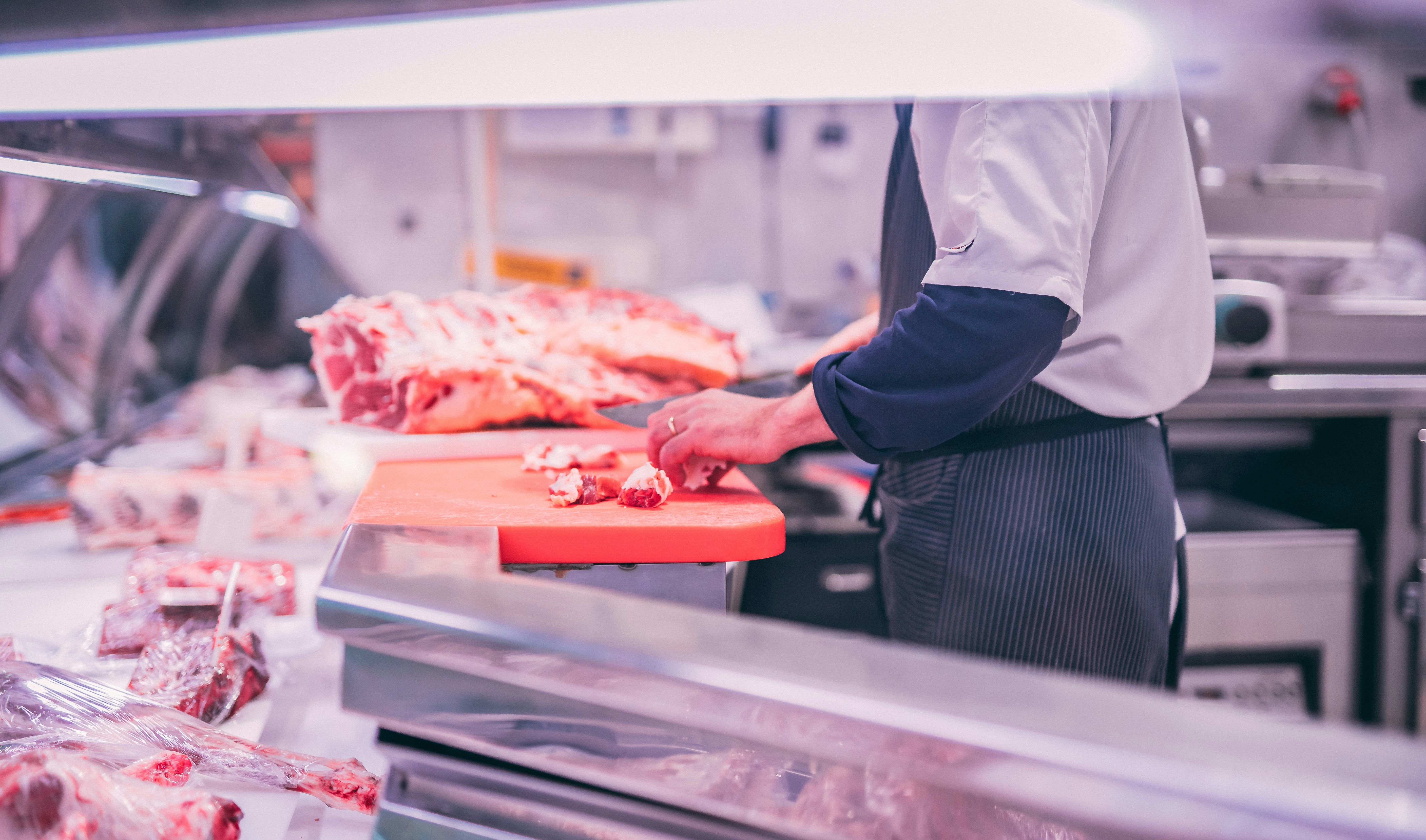

Dr Jane Taafaki is investigating the workplace hazards faced by Pacific meatworkers.
Photo/Otago University/Meat Industry Association
Study to focus on health risks faced by Pacific meatworkers
While the industry is crucial to New Zealand’s economy, researchers claim Pacific and Māori workers are physically paying the price.



Fiji’s former Prime Minister and police chief charged with inciting mutiny

Immigration reassesses toddler's declined visa request as Children's Commissioner steps in

US funding cuts threaten to 'dry up' future of Pacific scientists - expert


Fiji’s former Prime Minister and police chief charged with inciting mutiny

Immigration reassesses toddler's declined visa request as Children's Commissioner steps in
Researchers say thousands of Pacific meatworkers face dangerous conditions every day, and a ground-breaking study is shedding light on their experiences.
Meat processing is New Zealand’s largest manufacturing sector, employing more than 28,000 people. But researchers warn it is also one of the most hazardous industries, with high rates of injury and work-related illness.
Dr Jane Taafaki, a Postdoctoral Fellow at the University of Otago’s Va’a o Tautai - Centre for Pacific Health, is leading a new study on the risks faced by workers.
“Meat working involves a lot of repetitive motions, cold environments, a lot of standing, heavy manual labour, lots of lifting, cutting, pulling,” she tells William Terite on Pacific Mornings.
“When you look at the volume of meat processing in this country, between 6000 and 10,000 lambs a day and up to 1000 cows a day, that kind of stress on your body can accumulate over time.
“So there is a serious knock-on effect for people’s health in terms of long-term musculoskeletal injury, as well as hazardous exposure in these environments.”

The New Zealand meat industry generates more than $12 billion a year. Photo/Unsplash
Almost a third of the meat workforce consists of Pacific and Māori workers. While meat processing generates more than $12 billion annually for New Zealand’s economy, Taafaki says not enough attention is given to the people behind the profits.
“In places like Oamaru, where the cost of living is lower than in Auckland or Wellington, it becomes an attractive opportunity for families to come and settle when you can make this kind of money,” she says.
Taafaki adds that if people are already experiencing higher rates of chronic diseases and then also face musculoskeletal injuries and hazard exposure in the workplace, the compounded effects can worsen the health challenges facing Pasifika communities.
Watch Dr Jane Taafaki's full interview below.
Her concerns extend to workers living in rural areas with limited access to healthcare, along with the sector’s tendency to stereotype Pacific workers as “physically suited” for these jobs.
“We have a lot of migrant workers who are oftentimes brought over from the Pacific Islands, having had no experience with it before or are completely unaware of the hazards the industry might pose to their bodies in the long term,” Taafaki says.
“For our migrant labour, it becomes a real social justice issue if we bring in people for work contracts that are less than two years, and they are not entitled to state-funded healthcare.
“They can become victims of the industry, only to be sent home with broken bodies to a system unable to handle their health issues.”
The research adopts a Pasifika approach, using talanoa and fa’afaletui methodologies to ensure that both worker and industry perspectives are included.
Taafaki hopes that the findings will provide evidence that can better inform agencies such as WorkSafe and ACC, as well as the meat-processing industry itself.

Pacific and Māori make up almost a third of the meat workforce. Photo/Unsplash
“The most important thing is how do we get the perspectives of industry, of management, as well as people who actually do the work,” she says.
“It’s a vital industry to the New Zealand economy, it’s vital to our Pacific communities. For a town like Oamaru, where it’s the largest employer, it would be a really big deal if we could have healthier people having healthier experiences at work.
“If successful, if we are able to create this instrument that shines a light on how people are experiencing their work, then we can look at the industry and say, okay, what are the changes that we can make so that people are able to work longer but work healthier for longer?”
Taafaki believes that what benefits Pasifika is good for everyone.
“Hopefully, we can broaden this to include all meatworkers so that we can really provide national agencies as well as the industry a solid set of continuous data that they can use to inform their performance in factories around the country.”

The Alliance meatworks in Mataura. Photo/RNZ/Nate McKinnon
Dr Martin Gagnon, acting Deputy Vice-Chancellor (Research and Enterprise) at Otago University, congratulates Taafaki and other grant recipients.
“I am always heartened by the breadth of work being undertaken by Otago academics and know these innovative projects will be of real benefit to the health of New Zealanders,” he says in a statement.
The Otago project recently received nearly $400,000 through a Pacific Emerging Researcher Grant from the Health Research Council of New Zealand.